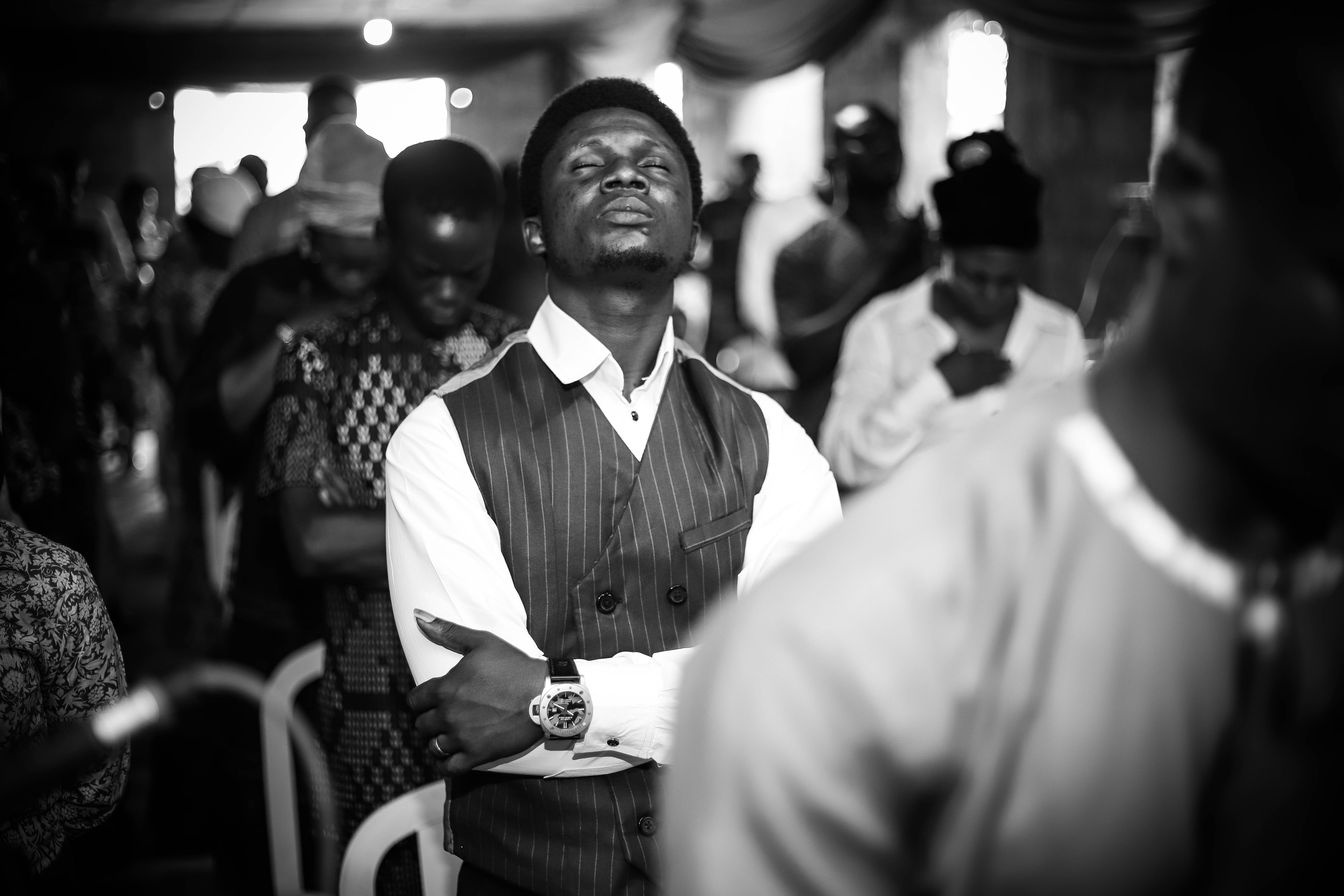Popular tales of Pastors, Luxury, Frauds and Corruption
Pentecostalism, Conspicuous Consumption, and the Moral Economy of Corruption in Nigeria
DOI:
https://doi.org/10.5617/jea.9008Keywords:
nigeria, pentecostalism, consumption, corruption, fraud, moral economyAbstract
Access to consumption, especially to objects that are challenging to obtain, is one of the features contributing to the successful spread of Pentecostalism in West Africa. Pentecostal pastors have become central public figures, ‘consumer stars,’ whose display of wealth and luxury is key to their social legitimacy as preachers of the Prosperity Gospel. Moreover, their extensive and flexible social networks allow them and other born-again Christians to be part of patronage networks internally perceived as moral. However, while their conspicuous consumption has inspired ecstatic supporters, it has also attracted criticism and accusations of fakery and corruption. This article aims to explore the relationships between consumption, especially conspicuous consumption, and discourses about the corruption of Pentecostalism in Nigeria. Accusations against Pentecostal pastors and their fraud schemes or corrupt practices seem to identify the moral limits between what is considered a righteous and an immoral consumption, describing the potential perils of purely individualistic hyper-consumerism. These popular tales of ‘fake pastors’, willing to do anything to enjoy a luxury life, allow us to understand how the born-again public is scrutinizing the opaque neoliberal entanglements between consumerism and corruption that characterize emerging elite’s actions in Nigeria and elsewhere.

Downloads
Published
Issue
Section
License
Copyright (c) 2022 Davide Casciano

This work is licensed under a Creative Commons Attribution-NonCommercial-NoDerivatives 4.0 International License.
Authors retain copyright and grant the journal right of first publication with the work simultaneously licensed under a https://creativecommons.org/licenses/by-nc-nd/4.0/
that allows others to share the work with an acknowledgement of the work's authorship and initial publication in this journal, for non-commercial purpose, no derivatives are permitted. (Please not that this license has been used since 1.10.2018 and will be used in the future. Articles published between 1.1.2017-and 30.9.2018 are licensed under CC BY license: https://creativecommons.org/licenses/by/3.0/) Authors are able to enter into separate, additional contractual arrangements for the non-exclusive distribution of the journal's published version of the work (e.g., post it to an institutional repository or publish it in a book), with an acknowledgement of its initial publication in this journal. Authors are permitted and encouraged to post their work online (e.g., in institutional repositories or on their website) prior to and during the submission process, as it can lead to productive exchanges, as well as earlier and greater citation of published work (See The Effect of Open Access).


